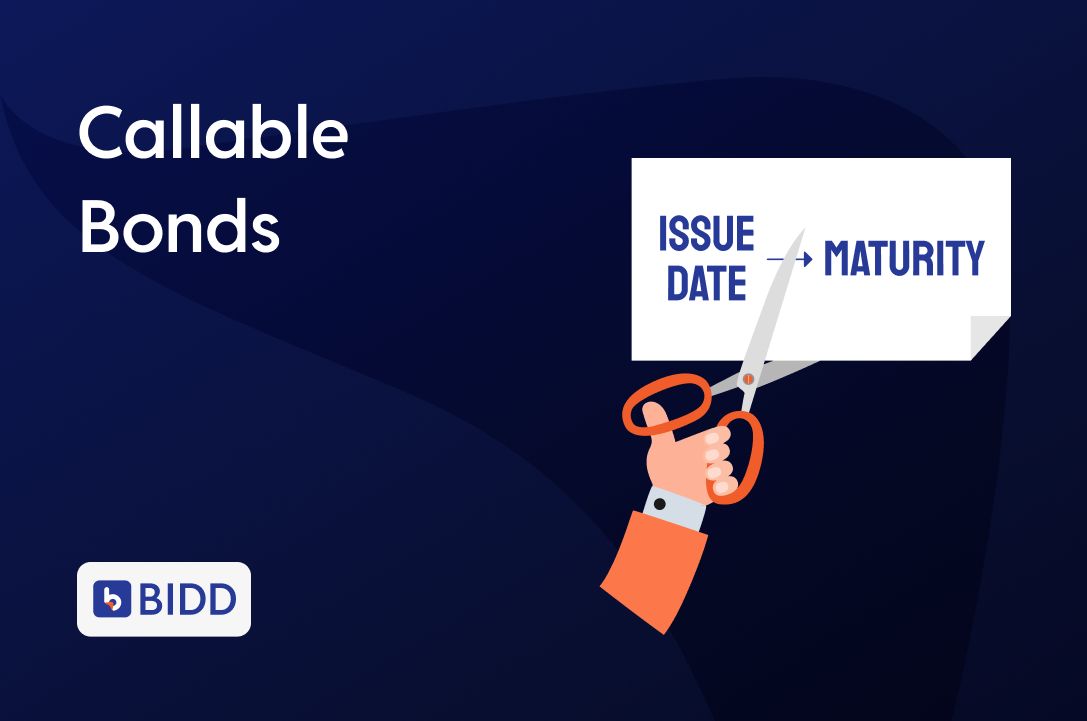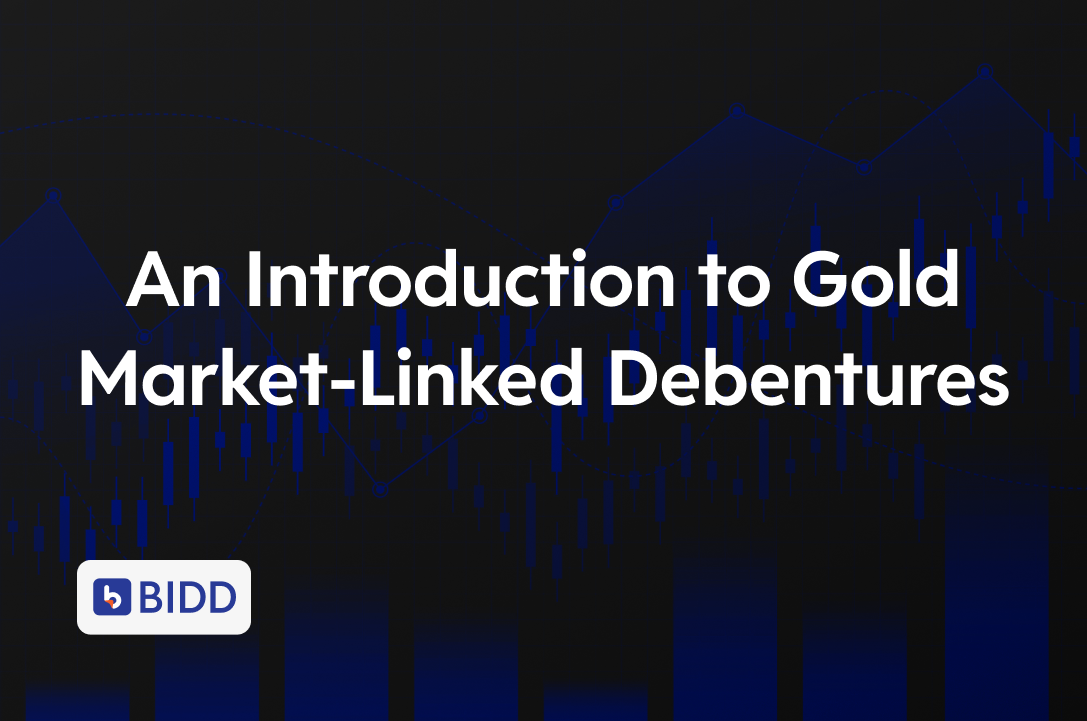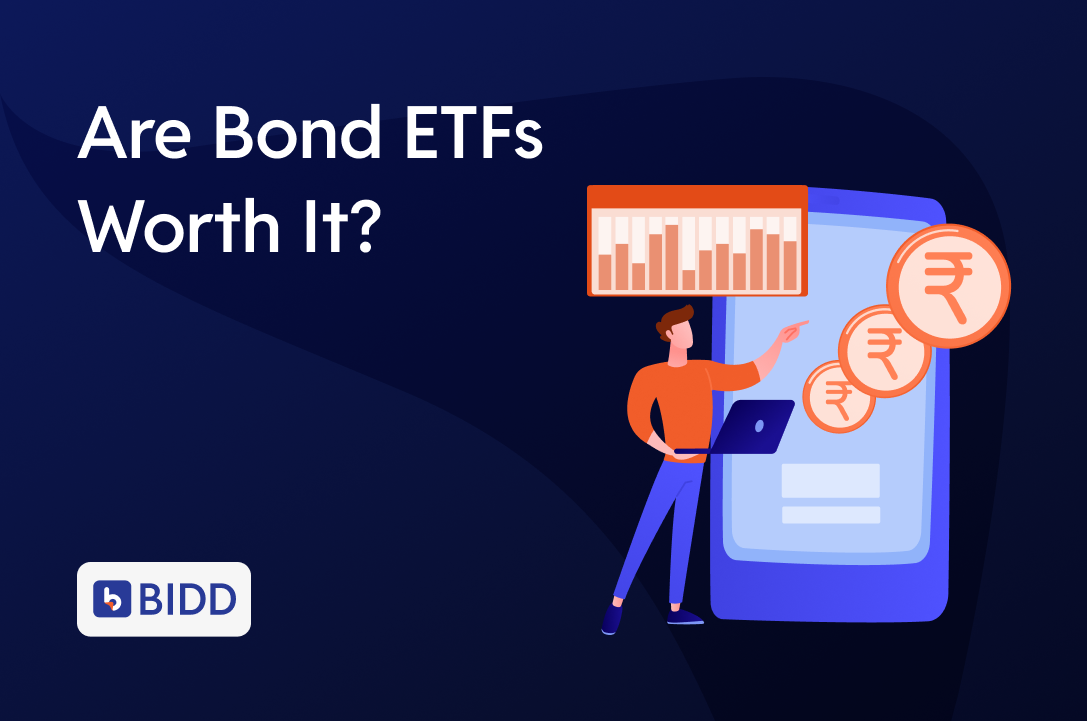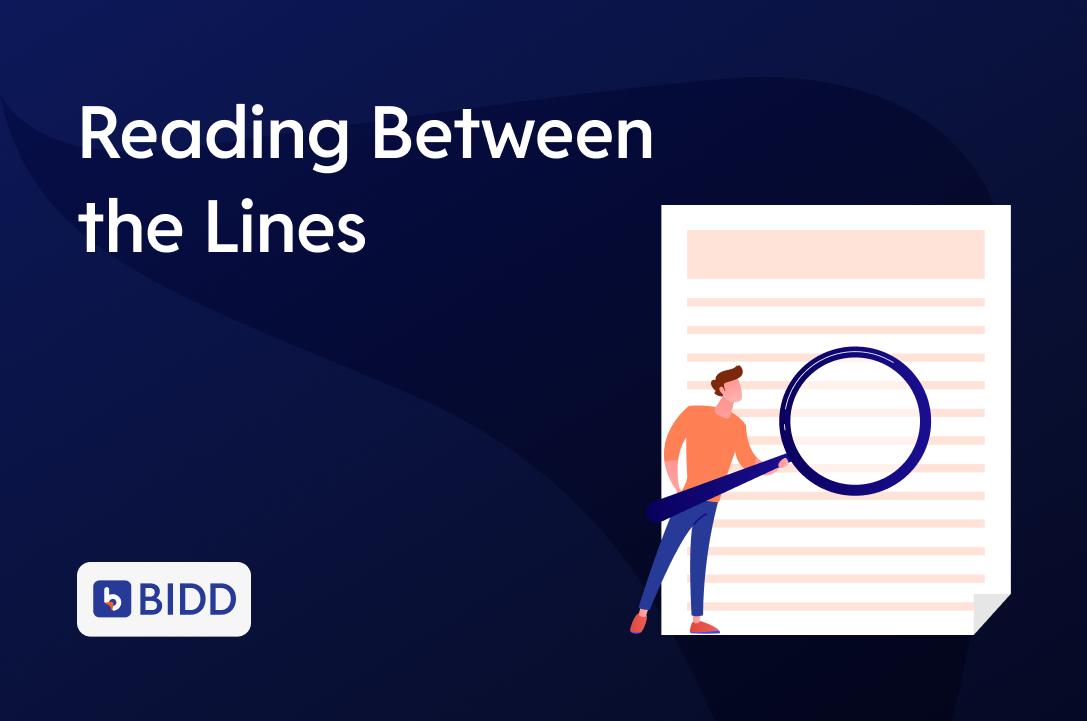How Your Bond’s Future Might Not Be in Your Hands
Let’s Start with a Quick Thought:
You invest in a bond.
It pays a 10% interest rate.
You’re pleased — it beats most fixed deposits.
You plan to hold it until maturity and enjoy steady income.
But then… the issuer decides to call the bond.
It ends early. Your capital is returned.
The interest stops. The investment is over.
Wait — can they do that?
If it’s a callable bond, the answer is yes.
Let’s unpack what this means — and why it matters.
What Is a Callable Bond?
A callable bond is a type of debt instrument that allows the issuer to repay the principal early, before the scheduled maturity date.
In simple terms, the issuer has the option to say:
“Thank you for the loan. We’re closing this early. Here’s your principal back.”
It’s like lending money to someone for 5 years, but they repay you in 3.
You get your money back — but you lose 2 years of expected interest income.
Why Would Issuers Call Bonds Early?
One reason: to save on interest costs.
If interest rates in the market fall, the issuer may choose to call the high-interest bond and replace it with cheaper borrowing.
Example:
- You buy a bond in 2021 offering 10% interest.
- By 2024, new bonds are being issued at 7%.
- The issuer calls your bond, returns your money, and refinances at 7%.
Outcome:
- The issuer reduces costs.
- You lose out on future interest income.
What Does This Mean for Investors?
Callable bonds introduce a degree of uncertainty.
You may plan to hold for 5 years — but it could end in 2 or 3.
Your actual return isn’t just about the interest rate.
It’s also about how long you’re allowed to earn it.
Real-Life Comparison
Bond A
- Coupon: 9%
- Tenure: 5 years
- Callable: After 3 years
- Issuer: Large NBFC
If rates remain high: bond continues.
If rates fall: bond may be called.
Bond B
- Coupon: 8%
- Non-callable: Full 5-year holding guaranteed
Lower return, but with greater predictability
Bottom line: Callable bonds offer higher coupons but come with call risk.
Why Do Investors Still Choose Callable Bonds?
Because they offer higher initial yields.
Issuers compensate for the risk by offering better rates upfront.
- If interest rates rise: the bond likely stays — and you benefit.
- If rates fall: it may be called — and you stop earning that high return.
You’re being paid for the uncertainty.
How to Identify a Callable Bond
Before investing, check the bond documents — especially the term sheet — for:
- Call Option Clause
- First Call Date (when the bond becomes callable)
- Call Frequency (one-time or recurring)
- Call Premium (is any additional payment offered for early redemption?)
Or ask the platform or advisor directly:
“Is this bond callable? If so, when and how?”
Why Should You Care?
Because callable bonds can disrupt your investment plans.
- You may be relying on a 5-year cash flow — but receive only 3 years’ worth.
- You may have aligned this investment with future goals — home down payment, tuition, retirement.
- You may face reinvestment risk — if interest rates have dropped when your money is returned.
Callable bonds add uncertainty in both income and reinvestment timing.
Quick Recap: Callable Bonds
| Feature | What It Means |
| Callable Bond | Issuer can repay before maturity |
| Why Call? | To refinance at a lower interest rate |
| Investor Risk | Loss of future interest income |
| Investor Benefit | Higher initial coupon to compensate for call risk |
| Key Consideration | Know the call terms and timing in advance |
Final Thoughts
Callable bonds are not inherently negative — but they shift control to the issuer.
As an investor, you need to ask:
- Am I okay if this ends sooner than expected?
- Is the extra return worth the possibility of reinvestment risk?
- Do I fully understand the call structure?
Because in bond investing —
It’s not just about how much you earn,
It’s about how long you get to earn it.
Smart investors read the fine print.
Be that investor.
Disclaimer: This blog is intended solely for educational and informational purposes. It should not be construed as investment advice, a recommendation, or an offer to buy or sell any financial products. Please consult a registered financial advisor before making any investment decisions.




